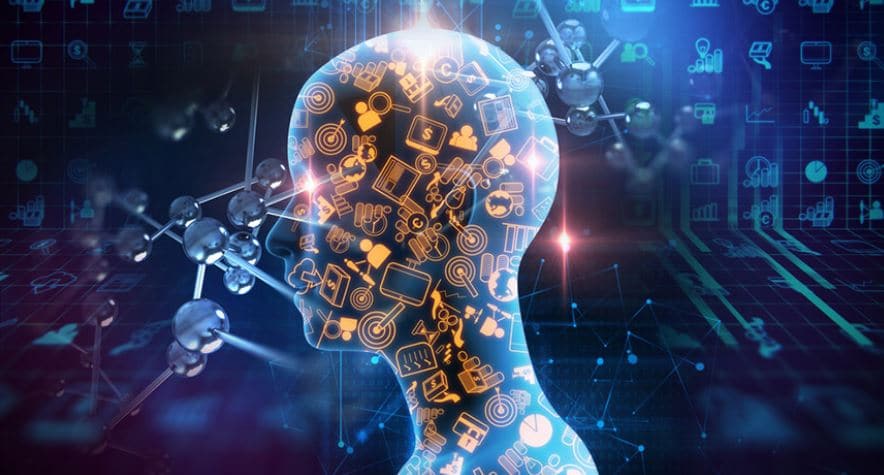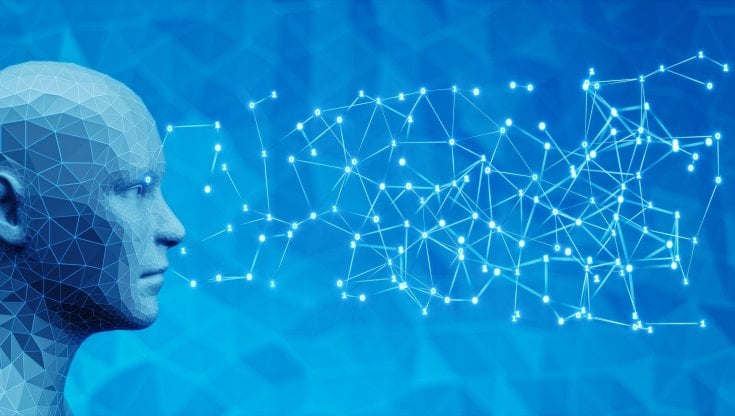Artificial intelligence explains itself
There is a question that hovers in contemporary debates: is artificial intelligence (AI) comparable to human intelligence? And it goes further, raising questions that tap into security, ethics and the future of humanity itself. An innovative answer comes from a book called “I imitate, therefore I am?”, written by an AI known as ChatGPT-4. The book addresses these questions not only as a technological product but also as an "entity" that reflects on itself, trying to reduce the distance between the reality of AI and the laws that regulate it.
How AI became a mainstream topic
During years of hidden development, neural networks and "expert agents" have slowly but steadily invaded various sectors: from economics to scientific research, from healthcare to national defense. However, it was not until the advent and global success of ChatGPT-4 that the topic of AI rose to prominence, attracting the attention of an audience much wider than industry specialists.
This has led to a change of pace in the world of technology. Influential figures such as Elon Musk, Bill Gates and Geoffrey Hinton have begun to call for a more thoughtful discussion about the implications of AI. While some voices within Google have begun to raise concerns about the possibility of machines reaching a level of “self-awareness,” other groups like OpenAI have called for a pause in ongoing projects to carefully evaluate future implications.
The genesis of ChatGPT-4: A dialogue with philosophy
ChatGPT-4 is not only a product of technology but also the result of a stimulating dialogue with the philosopher Paolo Bottazzini. The structure of the book was formulated as a "game of question and answer", where the prompt provided by Bottazzini allowed ChatGPT-4 to explore various aspects of the AI phenomenon, from mathematics and logic to system architectures and paradigms that have evolved over time.
From neural networks to ethical implications: A journey through AI
The book “I imitate, therefore I am?” addresses a wide range of topics. Among these, a particular focus is given to neural networks, which represent one of the most celebrated successes in the current AI field. The book also does not neglect the social and ethical implications of AI, addressing issues of responsibility, safety and morality associated with the use of intelligent machines.
 Intelligence, an endless investigation
Intelligence, an endless investigation
Heraclitus, the ancient philosopher, had marked the beginning of a path in which science and politics tried to build a bulwark against ignorance. This is a path that has crossed the entire history of philosophy and the West, and AI could represent the most recent chapter in this research. The book, and AI itself, confront us with an ever-present question: what does it really mean to be intelligent?
In conclusion, the ever-increasing presence of artificial intelligence in various aspects of our lives requires us to look carefully at its potential and risks.








